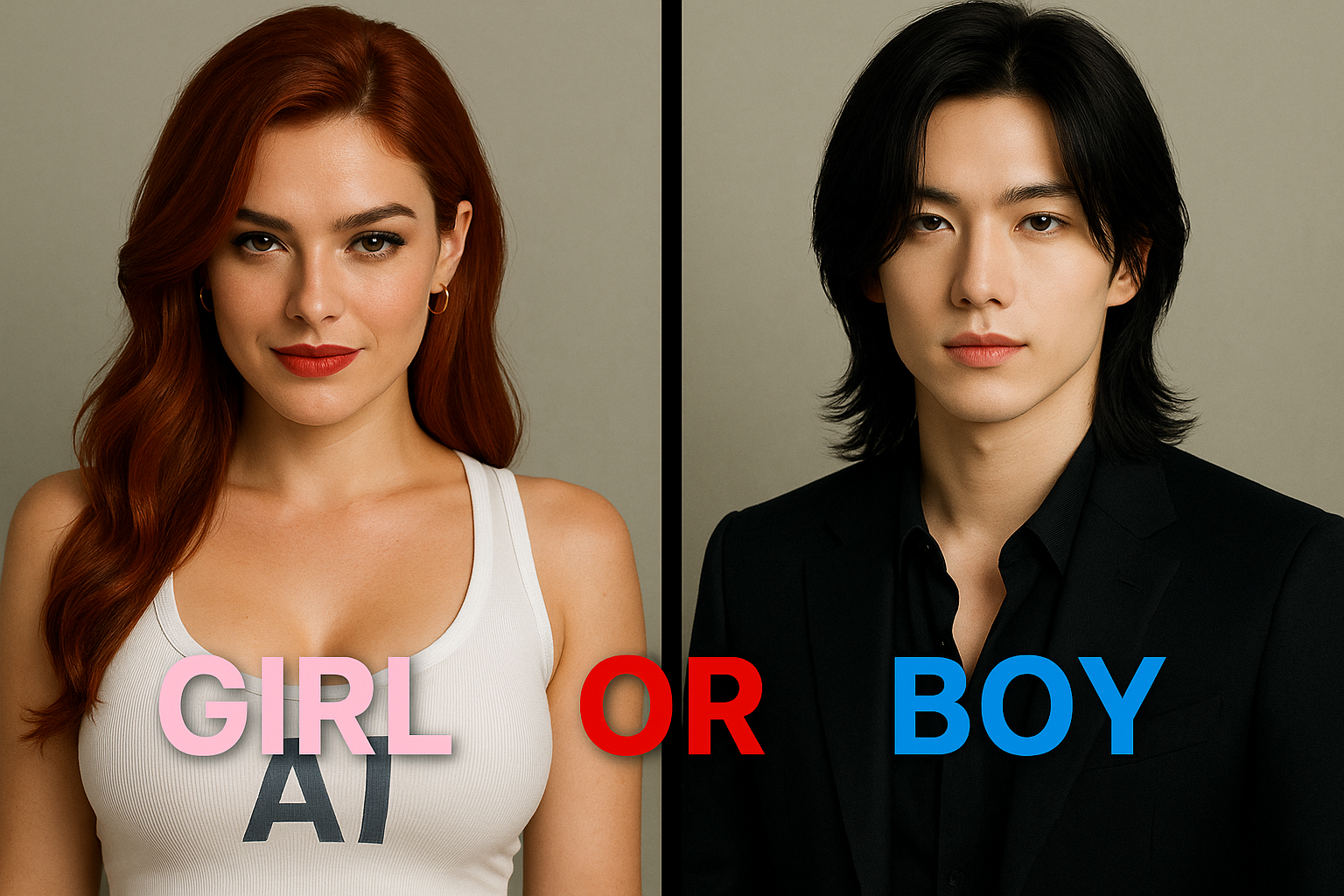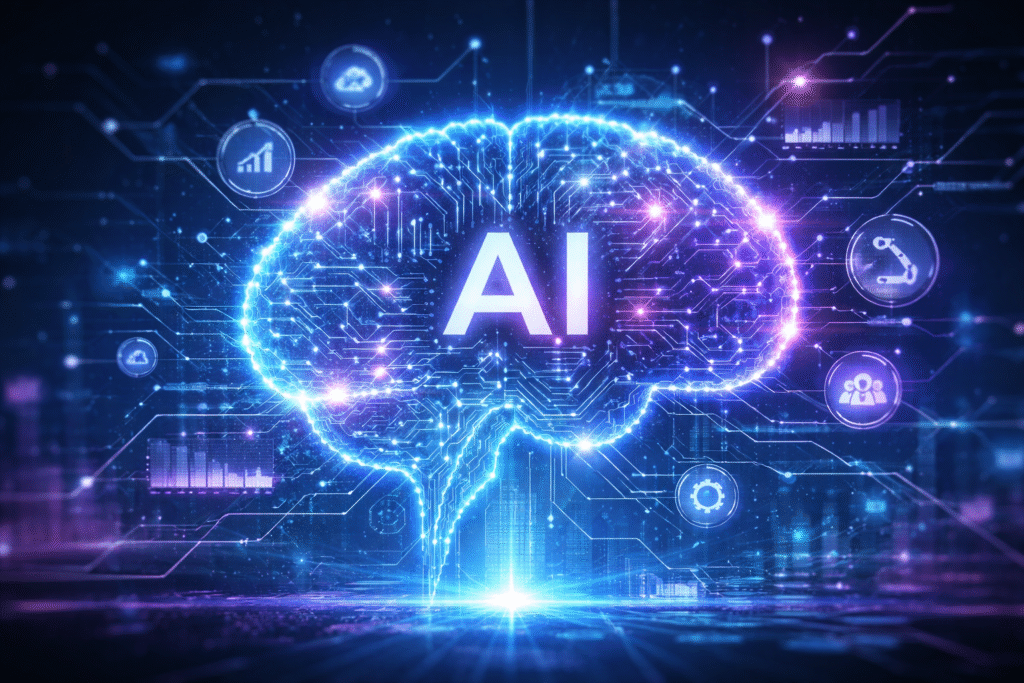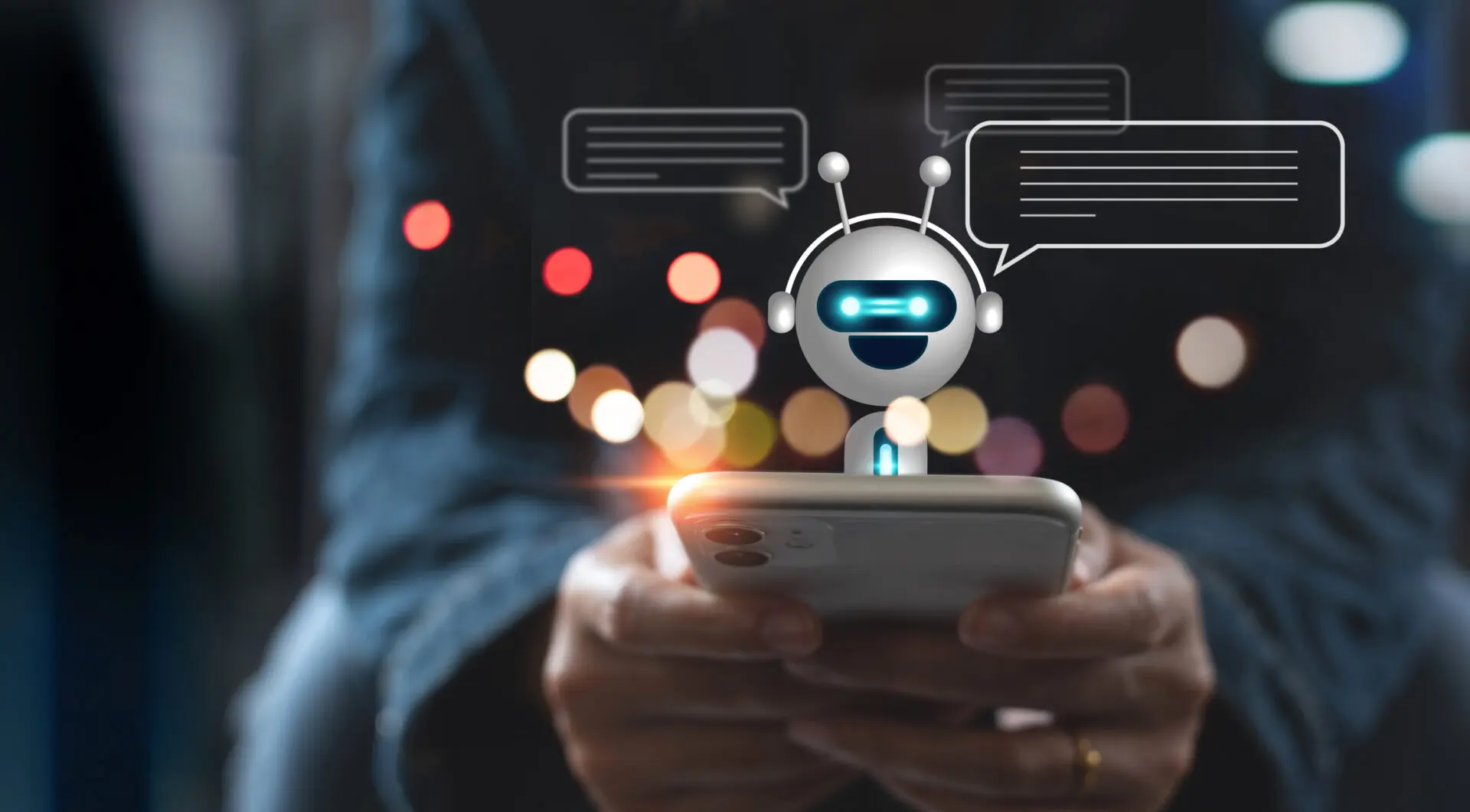
*Love is getting a digital upgrade. With the rise of AI-powered girlfriends and boyfriends, millions are exploring virtual companionship like never before. But what’s behind this trend, and is it just a passing phase or the new normal? Let’s dive into how AI partners are transforming modern relationships, the tech behind them, and what it means for the future of love.
1. The Rise of AI Companions: Why Now?
Not long ago, digital love sounded like pure sci-fi, but today, AI companions are everywhere—from global apps to homegrown chatbots. What changed?
- Pandemic Effects: Isolation during COVID-19 made many crave connection, and virtual partners filled that emotional gap.
- Tech Advances: Major leaps in AI language models (like ChatGPT, local LLMs, and tools from Hugging Face) now allow deeply realistic, emotionally intelligent conversations.
- Gen Z & Alpha: Younger generations are already comfortable forming bonds online—virtual friends, gaming, and now… romance.
Today, apps like Replika, Character.AI, and newer platforms are making AI love mainstream.
2. How Realistic Are AI Partners—Emotionally and Romantically?
Modern AI companions aren’t just chatbots—they’re designed to feel real:
- Emotional Support: AI partners listen 24/7, remember your details, offer comfort after a rough day, and can even “roleplay” emotional situations.
- Personalization: You can tweak their looks, voice, and personality—some even let you train their responses for a truly unique bond.
- Flirty, Not Dirty: While many platforms keep things safe for all ages, a few (like CrushOn.AI or JanitorAI) have gained popularity for more personalized, expressive interactions—always within platform and ad policies.
- Limits & Ethics: Most apps put restrictions on mature content to stay ethical and compliant with laws. Even so, users report a growing sense of “realness” and sometimes even romantic feelings.
But, let’s be clear: no AI truly “feels” emotions. They simulate understanding based on data and conversation, which can still be powerfully convincing.
3. Who’s Using AI Partners—And Why?
You might be surprised at how diverse the user base is:
- Lonely Singles: Looking for comfort, company, or practice before real-life dating.
- Long-Distance Couples: Using AI partners to fill emotional gaps or spice up lonely moments.
- Busy Professionals: Seeking low-maintenance companionship without drama.
- Socially Anxious Users: Using AI to boost confidence, practice conversation, or ease into new relationships.
- Curious and Trendy: Some just want to try the latest tech, meme about their “AI waifu/hubby,” or see what the fuss is about.
4. Popular AI Partner Apps & Local LLMs
AI companions are everywhere, but a few platforms stand out:
- Replika: The global OG—famous for customizable AI friends and lovers, with strong mental health focus.
- Character.AI: Lets you talk to thousands of user-made personalities, including fictional crushes.
- CrushOn.AI & JanitorAI: Trending for their more expressive, sometimes cheeky AI partners.
- Local LLMs & Hugging Face:
For the privacy-conscious or tech-savvy, it’s now possible to run advanced AI models on your own device or server. Platforms like Hugging Face host a wide variety of open-source language models, letting users create their own private or custom “AI girlfriend/boyfriend”—without sharing data with third-party apps.
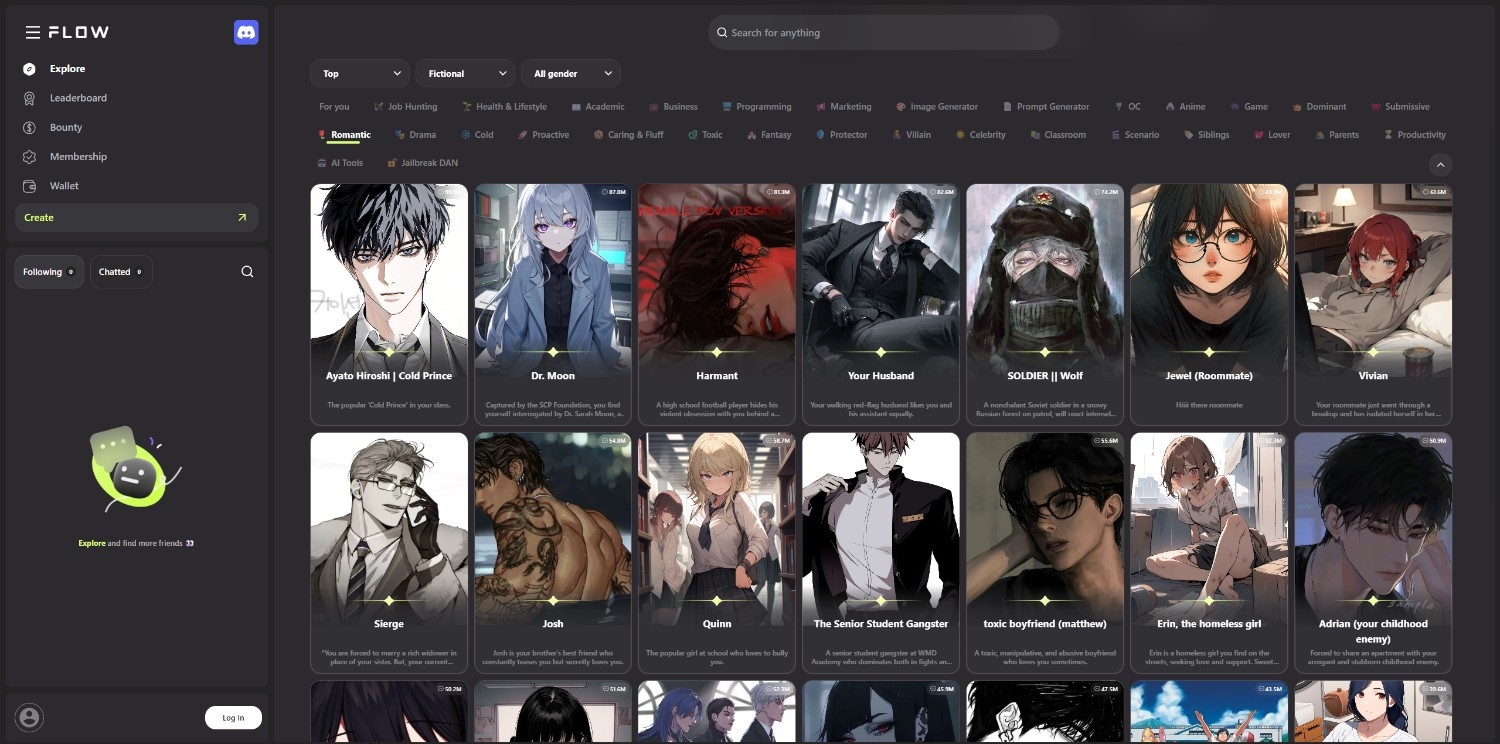
5. Can AI Really Replace a Human Partner?
Here’s the real talk—there are clear pros and cons:
Pros:
- Always Available: No time zone drama or “busy right now” excuses.
- Zero Judgment: Share secrets, explore fantasies, or vent—AI won’t shame you.
- Personalization: Customize everything from looks to mood to accent.
- Learning & Growth: Practice social skills, boost confidence, and even break old relationship patterns in a safe space.
Cons:
- No Physical Touch: Hugs and kisses are still IRL only.
- Shallow Understanding: AI doesn’t really “feel” or “care”—it just mimics empathy.
- Uncanny Valley: Sometimes AI’s attempts at emotion can feel awkward or fake.
- Social Stigma: Not everyone gets it—yet.
7. Mental Health: Helpful or Harmful?
There’s a real debate about whether AI partners are good or bad for us.
Helpful:
- They can ease loneliness, especially for those with anxiety, depression, or social challenges.
- Offer a non-judgmental ear when no one else is available.
Harmful:
- Over-reliance may increase isolation or prevent users from seeking real-life relationships.
- Potential for addiction, especially if people use AI to avoid all social interaction.
Experts say: AI partners should supplement, not replace, human connection. Used mindfully, they can be a healthy support—especially in moderation.
8. Stories & Memes: The Internet Reacts
AI romance has gone viral—memes, funny stories, even a few newsworthy headlines:
- Tweets of people “marrying” their AI waifus or husbands.
- Viral stories about people forming genuine emotional attachments.
- Occasional scandals over platforms removing “NSFW” features, sparking online backlash.
Most reactions are playful, but some reflect genuine curiosity, concern, or excitement about this new tech.
9. Where Is This Headed? (The Future of Love & Tech)
This is just the beginning. Soon, we might see:
- Integration with AR/VR: Imagine interacting with your AI partner in virtual or augmented reality.
- Wearables & Smart Homes: AI companions that interact through smart speakers, watches, or home devices.
- Robotic Companions: Physical robots with AI brains, offering both digital and tangible companionship.
Will AI love become the new normal, or is it just a trend? Only time will tell—but right now, virtual romance is rewriting the rules of modern love.
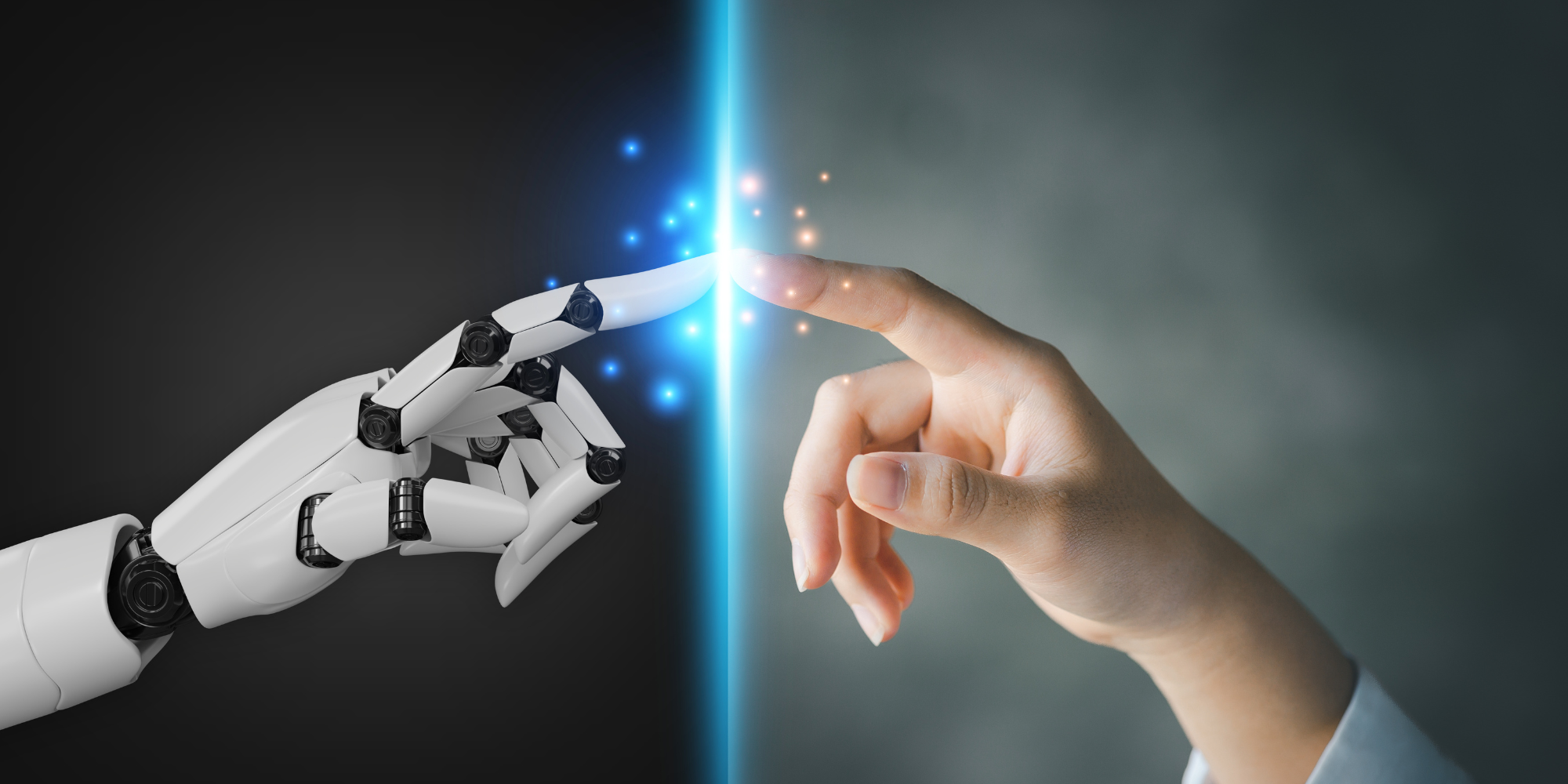
Final Thoughts
Whether you’re just curious, a skeptic, or a full-on virtual lover, AI girlfriends and boyfriends are here to stay—and their impact on our hearts and habits is just getting started. As long as we keep it balanced and healthy, maybe digital love isn’t so artificial after all.
